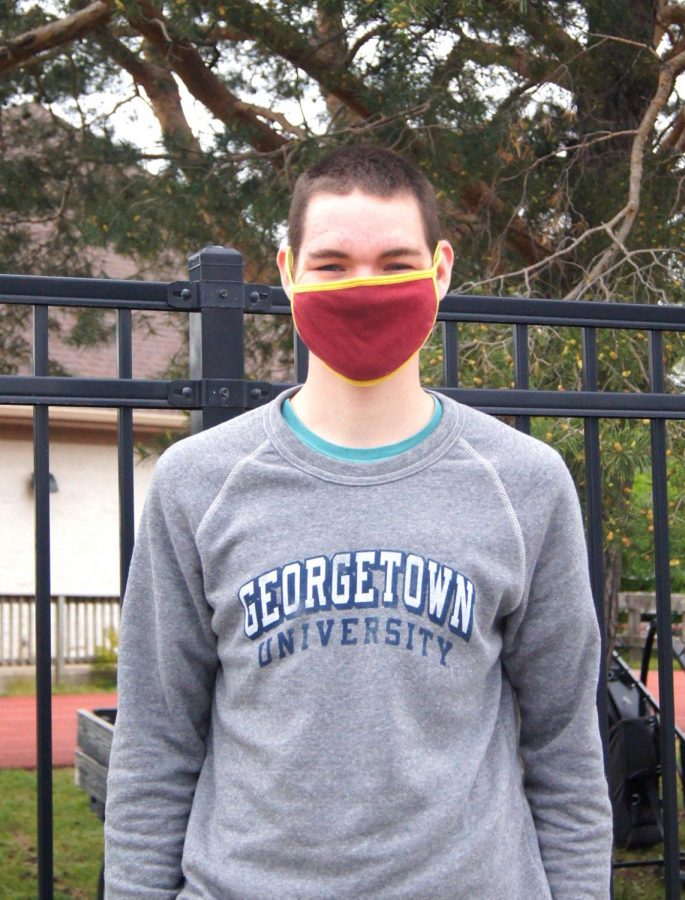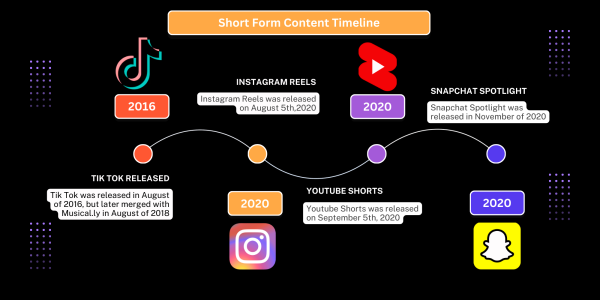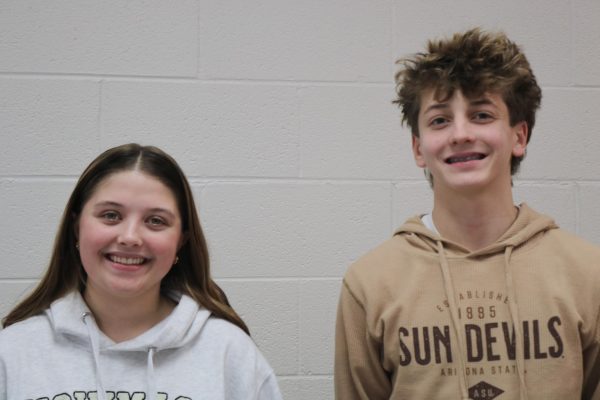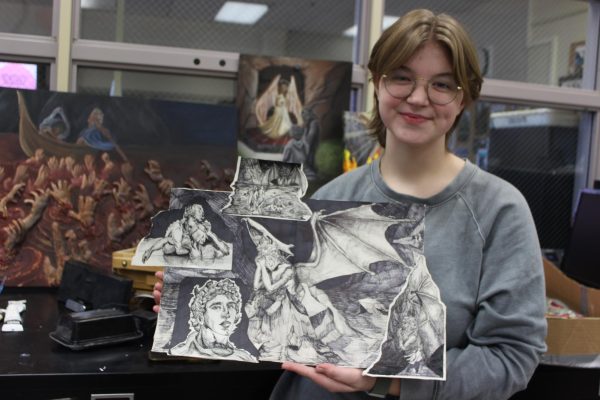Parting Words: Advice Seniors Have for Underclassmen
Throughout their four years at Libertyville High School, seniors have been able to gain knowledge and experience about a variety of topics. As they prepare to graduate, eight seniors shared advice they have for underclassmen, based on their time in high school.
Academic:
Desi Nainar: “Don’t procrastinate too much and always try to work ahead . . . [Make sure to] take breaks in the middle of doing homework because some nights, it can be a lot.”
Rachel Erdmann: “[When doing homework], have something that takes [you] out of the mentality of wanting to go talk to people or some other activity, like listening to something, [like music].”
Matthew Shinnick: “Always try to work as hard as [you] can in classes, clubs and sports . . . Work with resources you have, like . . . talking to teachers outside of class or going to the MASH.”
Beckett Abington: “Work with others to help get a new mindset or take on how to attack a problem . . . You can have a good collaboration of different ideas that help you strengthen the final results in the final product.”
Vir Trivedi: “[Take] time to review [your notes] every night. Be sure to stay on top of your homework, and . . . don’t ever be afraid to ask your teachers questions.”
Annalese Chudy: “Time management skills always help . . . Laying out [your] schedule and [what] you need to do every day.”
Emma Bleck: “Have someone to explain [topics you don’t understand] to you. Going into office hours or . . . talking to a teacher [can be very helpful]. They’re [both] really good resources.
Social:
Nainar: “Make it a priority to connect with people and not just ignore [friends] for the sake of doing [something else].”
Kellie Hopper: “Find a . . . group of friends . . . that you trust and can talk to about your struggles. Talking to people really helps to make decisions and get through hard times.”
Abington: “Simply just be yourself, and put yourself out there. Don’t be afraid to try new things because people will embrace you for who you are. People will accept the real you, and they’ll just be more and more amazed to see you grow through them and have them grow through you.”
Trivedi: “Find [other people] during those icebreaker activities. People think they’re corny, and they definitely are, but that’s a time [where] you can see people with similar interests . . . Connect with the people in front of you, seeing how you can relate to them.”
Chudy: “Communication with your friends [is key] . . . Keep strong relationships by checking up on them and hanging out with them. Find people that you enjoy hanging out with.”
Bleck: “Go outside of your comfort zone. Some of the things I enjoyed the most in my time at LHS were things that I was very on the fence about doing, like the French exchange [trip] or . . . Model [United Nations]. And you [become] a better person for it. Make an effort to talk to people you may not talk to normally.”
Emotional:
Nainar: “Use the resources available to [you]. All the teachers here are really supportive and helpful if you ever need, [along with] LSTs and the CRC.”
Erdmann: “Having certain people, activities or [organizations] be your outlet [is extremely helpful].”
Hopper: “Don’t get worried. Don’t worry about all of the academics or the social events, or all the different things in your life. It’ll work out how it’s supposed to work out. And don’t feel like you need to [do] every single thing; do what you want to do. Make your own path for yourself . . . and do what’s best for you and everything will work out.”
Shinnick: “A common piece of advice [about high school] is . . . ‘don’t let yourself change’ . . . It’s honestly terrible advice. You’re going to change in high school, and that’s one of the best things about it and the whole point of it . . . Focus on how you want to change, the people you want to surround yourself with, and the ways you want to be different in the years to come.”
Trivedi: “You’ve got to prioritize your mental health over work sometimes and get in touch with yourself and see how you’re doing and how you can address your own issues and your own shortcomings.”
College:
Nainar: “Take electives that interest you in high school since college is a very costly investment, whereas in high school, if you want to take a class you want, . . . it’s probably the best chance to do that.”
Erdmann: “College will be there before you know it . . . and there are certain things that you can do that really add up. Something that I found very helpful was documenting moments that seem important in my life, which has really helped with college essays. I’ve also found that making a resume [early] and just starting to write down everything that you do is so helpful.”
Abington: “Do a little bit of research each and every day [about] . . . some colleges that you may or may not know about or that pique your interest.”
Chudy: “Try new things, like taking different . . . classes, or extracurriculars, like fine arts or sports. You never know if you’ll enjoy something. You should spend your time finding what you like, so you’ll be able to put so much more into that.”
Bleck: “There is a big focus on [going to] prestigious colleges . . . I wish I had spent less time as an underclassmen thinking about how good of a school I was going to, and more where I would be [happier].”







